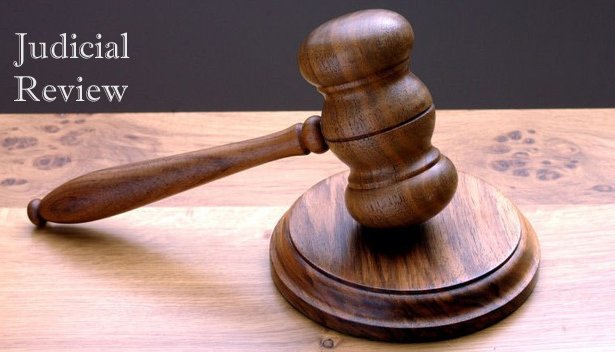The Delhi High Court has made a significant ruling emphasizing that judicial review isn’t an appeal, restoring a penalty on a Tihar Jail officer accused of mistreating undertrial prisoners. The court quashed a Central Administrative Tribunal (CAT) order that had earlier exonerated the officer, Sanjeev Kumar, highlighting that tribunals shouldn’t re-appreciate evidence like an appellate body.
The Delhi High Court has set clear boundaries on judicial intervention in departmental enquiries, restoring a penalty against an Assistant Superintendent accused of mistreating prisoners. The Division Bench of Justice Navin Chawla and Justice Madhu Jain emphasized that courts are meant to check procedural fairness, not re-evaluate evidence or substitute their own findings.
Key Aspects of the Judgment-
Limited Scope of Judicial Review: The High Court stressed judicial review checks procedural fairness, not factual conclusions.
Prisoner Abuse Allegations: Three inmates alleged beatings and extortion against Sanjeev Kumar, then an Assistant Superintendent at Tihar Jail.
Evidence Considered: The court noted one undertrial, Sarfaraz, consistently implicated Kumar during departmental inquiry.
Penalty Restored: The original punishment of stopping two increments, affecting pension, was reinstated.
Context and Implications
Precedents Cited: The bench referred to Supreme Court guidance in B.C. Chaturvedi v. Union of India and Union of India v. P. Gunasekaran.
Tihar Jail Concerns: Separate cases highlight issues like extortion rackets and prisoner abuse in Tihar, prompting CBI probes and judicial scrutiny.
The Delhi High Court has emphasized that judicial review isn’t an appeal, restoring a penalty on a Tihar Jail officer accused of mistreating undertrial prisoners. The court’s decision underscores the limited scope of judicial review, focusing on procedural fairness rather than reappraising evidence. By quashing the Central Administrative Tribunal’s order that had exonerated the officer, the High Court reinforced that tribunals shouldn’t overstep into factual assessments typically reserved for disciplinary authorities.

